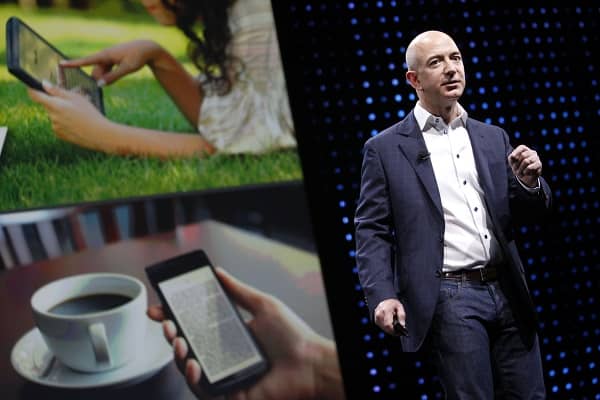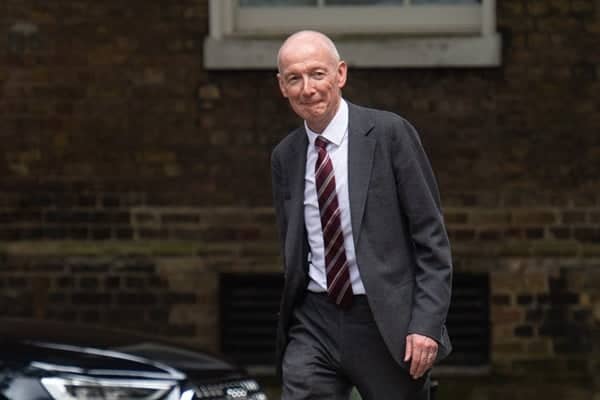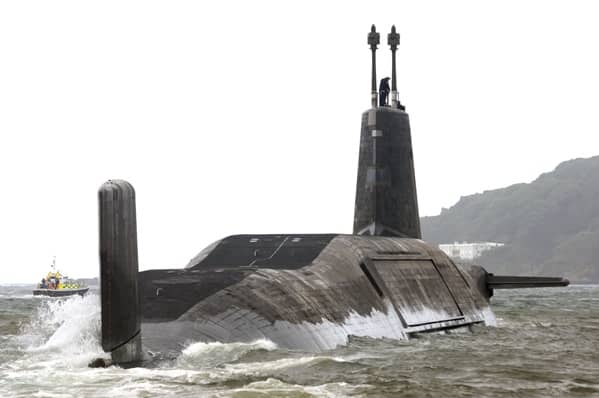As Jeff Bezos celebrated his wedding to Lauren Sánchez in Venice last weekend, aboard a luxury yacht surrounded by stars and royalty, his company, Amazon, was preparing for a far more grounded announcement: a £40 billion ($54 billion) investment into the UK economy over the next three years.
The timing is striking. While Bezos is now formally out of the CEO chair, Amazon’s decision to massively expand its UK operations—building four new fulfillment centers and upgrading infrastructure across the country—is a sharp reminder that his thinking, strategies, and systems still shape the company’s future.
The former bookseller is still very much building.
This is exactly the point. Jeff Bezos isn’t just one of the most successful businesspeople in history. He’s a model of something rarer: someone who builds things that last, scale, and shape the world long after he’s left the room.
Who Is Jeff Bezos?
Born in Albuquerque, New Mexico, in 1964, Bezos showed early signs of curiosity and determination—once turning his parents’ garage into a science lab and rigging a silent alarm system to keep siblings away from his projects. He graduated from Princeton, spent time on Wall Street, and then quit a high-paying hedge fund job in 1994 to launch an online bookstore.
Amazon started in a garage, fuelled by a $245,000 loan from his parents. It went on to redefine global commerce, logistics, cloud computing, and even artificial intelligence. Bezos also founded Blue Origin, the private spaceflight firm, and acquired The Washington Post, which he revitalized into a digital-first powerhouse.
Bezos is known for his obsession with scale, his fondness for calculated risk, and his leadership quirks—like banning PowerPoint in meetings in favour of narrative memos, and insisting that teams be small enough to be fed with two pizzas.
Now, with Amazon doubling down on physical infrastructure while he celebrates personal milestones in Europe, the question for today’s leaders is not how to imitate Bezos—but how to absorb his approach to building durable success.
Lessons from Bezos for today’s leaders
First, think in decades, not quarters. Amazon’s £40 billion UK expansion isn’t a reaction to short-term demand; it’s a reflection of the company’s long-term logistics ambitions. Bezos built Amazon with a rare tolerance for delayed gratification. He repeatedly told investors to ignore short-term profits in favor of long-term value creation.
Too many leaders are ruled by the calendar—quarterly earnings, election cycles, short-term media pressure. Bezos reminds us that real competitive advantage is measured in decades. Those who build with patience often outrun those who chase immediacy.
Second, build around the customer, relentlessly. Bezos didn’t just put the customer at the centre of Amazon—he made their interests non-negotiable. The legendary “empty chair” in executive meetings represented the customer’s voice. His team measured success not by internal KPIs alone, but by what made life faster, easier, and cheaper for the end user.
Leaders across every sector can benefit from this discipline. If your customer insights aren’t shaping your operations, pricing, and product development, you’re falling behind.
Third, think systems, not silos. Bezos didn’t build Amazon as a simple retail site. He created an ecosystem: e-commerce powered by world-class logistics, cloud computing through AWS, devices like Kindle and Echo, and a fast-growing ad business. Each part reinforces the others.
Modern leaders must stop thinking in silos, such as marketing over here, operations over there. The real strength lies in how systems connect and reinforce one another. Whether you’re running a regional firm or a global giant, your ability to build interlocking capabilities is a force multiplier.
Fourth, prioritise people and principles. Amazon’s leadership drive recruitment, performance, and decision-making. Bezos’s early hiring mantra was simple: raise the average. That means every new hire had to not only perform but elevate everyone around them.
Culture is defined by who gets hired, promoted, and listened to. Bezos engineered a culture of accountability, ambition, and high standards. Leaders today must be just as intentional about who they bring in and how they lead them.
Fifth, a legacy still being written. Jeff Bezos may now be spending more time on yachts and space stations, but the business architecture he created continues to expand in the real world. Amazon’s multi-billion-pound commitment to the UK is a symbol of what long-term vision, relentless customer focus, and operational excellence can accomplish.
For business leaders watching from the sidelines, the message is simple: don’t chase trends. Build patiently, think boldly, and never compromise on your standards.
Whether in Venice at his wedding or in the boardroom, Bezos remains the master of building something that lasts.
Get real time update about this post category directly on your device, subscribe now.
Subscribe




